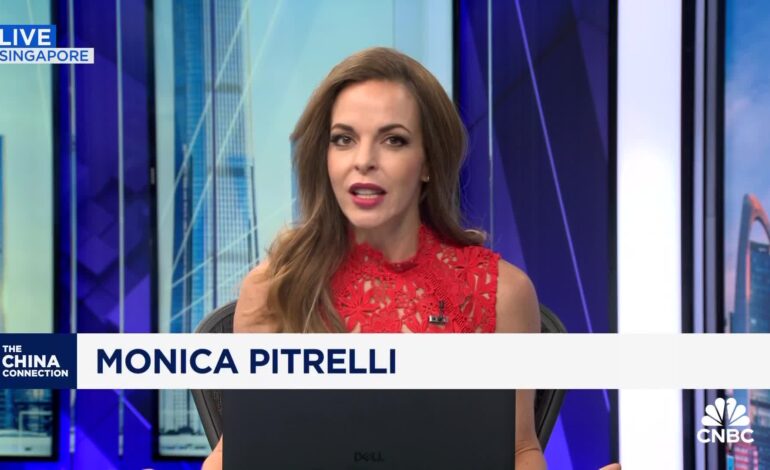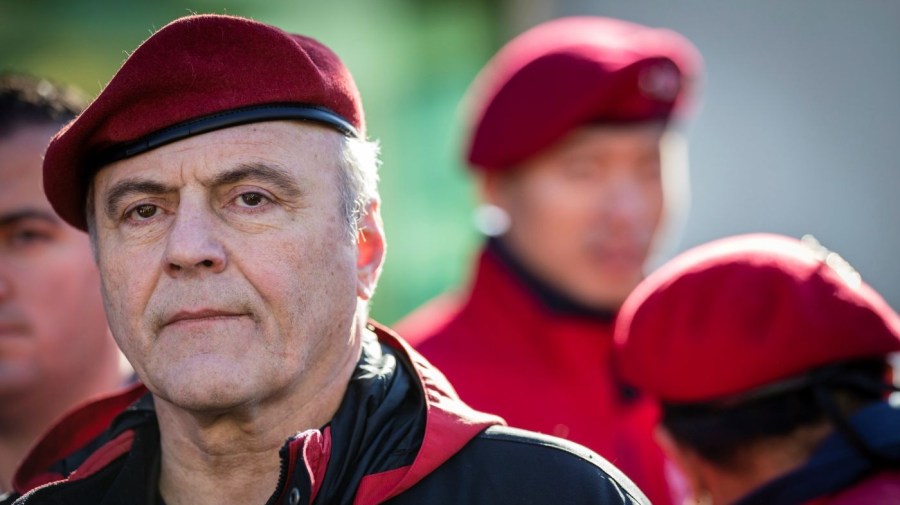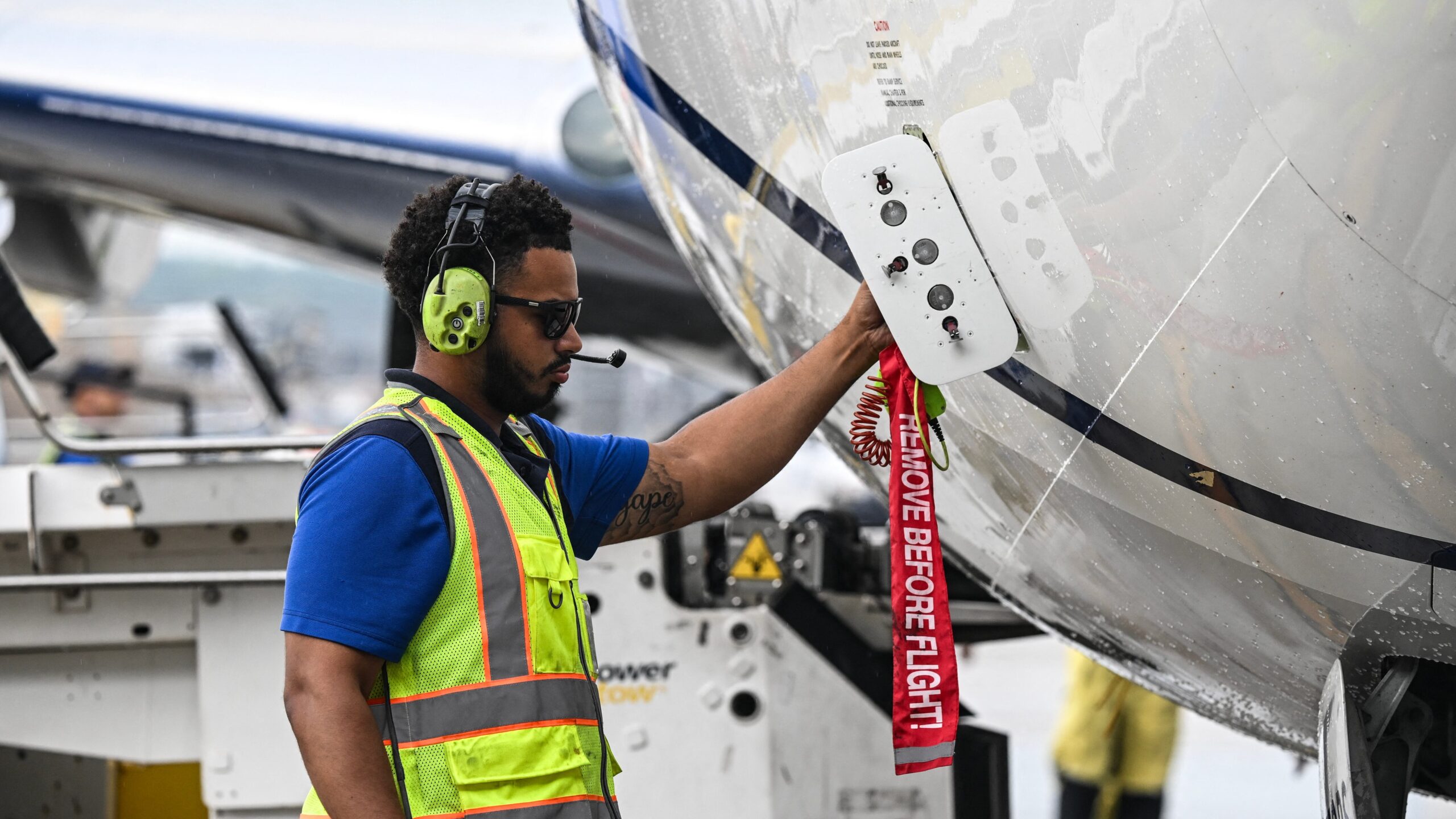Fans Demand Affordable Options as 2026 World Cup Ticket Prices Soar

The announcement of ticket prices for the 2026 FIFA World Cup has sparked outrage among fans, who are voicing concerns over the affordability of attending matches. Prices for the tournament, which will take place across the United States, Canada, and Mexico, range from approximately $600 to $1,100 for some of the most sought-after seats, leaving many supporters feeling priced out of the experience.
Fans are particularly frustrated with the significant markup compared to previous World Cups. In an effort to make the event accessible, FIFA had promised a range of ticketing options. However, the reality has disappointed many who were hoping for affordable seats. The rising costs have led to widespread criticism on social media, with many calling for a reassessment of the pricing structure.
Financial Implications for Fans
The escalating ticket prices reflect broader trends in sports event pricing, where demand often drives costs higher. For many fans, the prospect of attending the World Cup—arguably the pinnacle of international football—has become a financial burden. In addition to ticket costs, fans must also consider travel, accommodation, and other expenses associated with attending the tournament.
The financial strain is expected to disproportionately impact lower and middle-income fans, who may struggle to secure tickets. Some supporters have taken to online platforms to share their experiences, highlighting the disconnect between FIFA’s promises of accessibility and the reality of ticket pricing.
FIFA’s Response and Future Considerations
FIFA has yet to release an official statement addressing the backlash over ticket prices. The organization must balance revenue generation with the need for fan engagement. As the tournament approaches, FIFA may need to consider measures to ensure that fans feel included in this global celebration of football.
Moreover, the 2026 FIFA World Cup represents a significant opportunity for the host countries to showcase their culture and hospitality. If ticket prices continue to alienate fans, the event’s legacy could be tarnished.
With the tournament scheduled to begin in March 2024, the clock is ticking for FIFA to respond to the concerns of football supporters. As anticipation builds for what is expected to be a historic World Cup, the pressure is on to create a more inclusive experience for fans worldwide.






